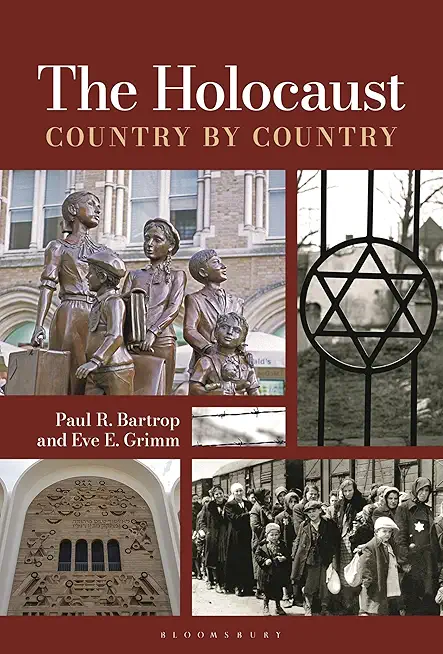
description
reful neutrality to valiant lifesaving efforts, every country's experience of the Holocaust was different during and immediately following World War II. This book profiles 50 nations and territories from around the globe, examining how prewar conditions and attitudes toward Jews influenced the trajectory of that place's wartime experience and its role in the Holocaust. It also explores the aftermath and lasting impact of the Holocaust in these places. Each profile begins with a collection of at-a-glance facts about population, government leaders, wartime status, and more. All profiles begin with a brief introduction, followed by information about the Jewish population in that place, the prewar environment, wartime experiences, and the aftermath of the Holocaust. This standardized format makes it easy for readers to find specific information while also helping them place events within the proper historical context. A curated selection of further readings at the end of each profile and an end-of-volume list of books and Internet resources point readers toward materials for additional study. While often conceptualized as a single event that happened the same way across all Axis or Axis-occupied countries, the Holocaust and reactions to it varied widely from country to country. In many cases, political and economic conditions in the prewar years, as well as the degree of anti-Semitism in a nation, influenced that country's experience of the Holocaust. Even after the war, countries experienced the aftermath of the Holocaust in different ways. Some places, such as Palestine, became a beacon for Jewish refugees, while others, such as Brazil, became a hideout for Nazi war criminals.
member goods
No member items were found under this heading.
listens & views

NEW SCOTTISH CONNECTIONS / VARIOUS
by NEW SCOTTISH CONNECTIONS / VARIOUS
COMPACT DISCout of stock
$13.25
Return Policy
All sales are final
Shipping
No special shipping considerations available.
Shipping fees determined at checkout.






